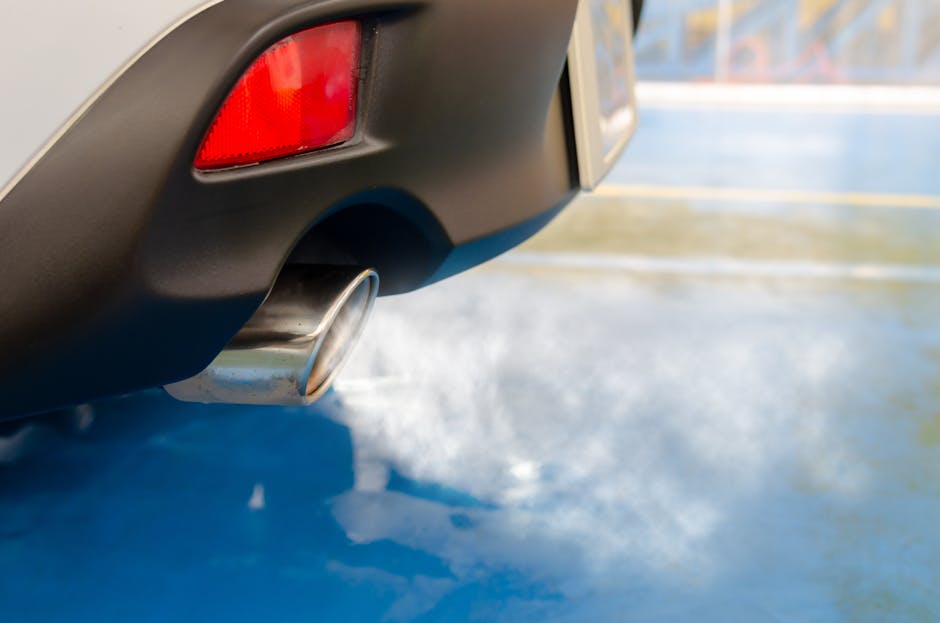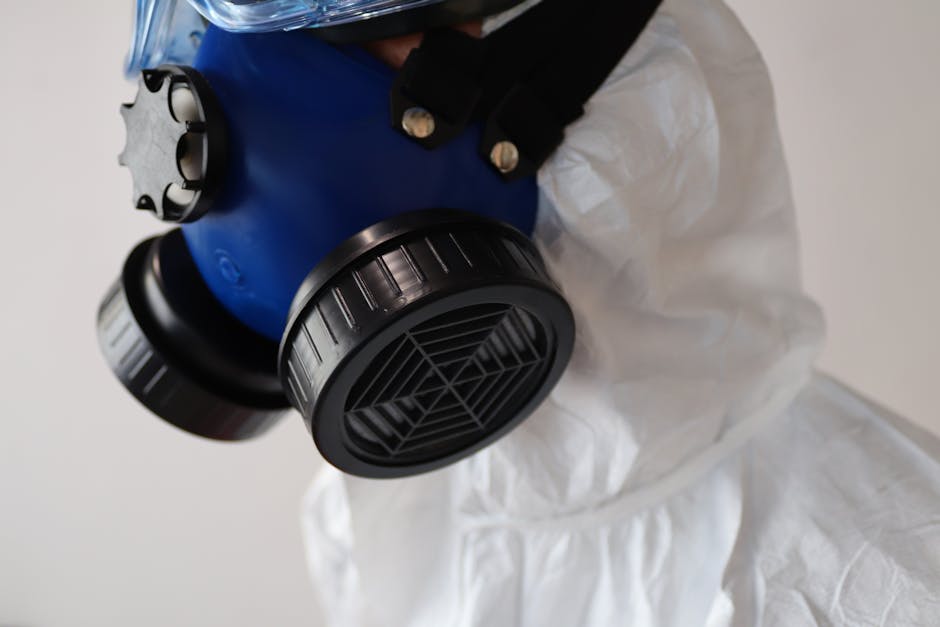Impact of Air Pollution on Health
Have you ever wondered how the air you breathe affects your health? With increasing pollution levels in cities, it’s a pressing question. Air pollution isn’t just an environmental issue; it’s a serious health concern that affects millions of people worldwide.
According to the World Health Organization (WHO), air pollution causes about 7 million premature deaths every year. That’s an alarming number! Lets explore what air pollution is, it’s health impacts, and how we can protect ourselves.
What Is Air Pollution?

Air pollution refers to harmful substances in the air we breathe. These substances can come from various sources:
- Vehicle emissions
- Industrial waste
- Household products like paints and cleaners
- Natural sources, such as wildfires and volcanic eruptions
Common pollutants include:
- Particulate Matter (PM2.5): Tiny particles that can enter our lungs
- Nitrogen Dioxide (NO2): A gas from car exhaust and factories
- Ozone (O3): A harmful gas that forms when sunlight reacts with pollutants
Even indoor air can be polluted. Everyday items like air fresheners and candles can contribute to poor air quality.
How Does Air Pollution Affect Your Health?

Air pollution can harm your health in many ways. Lets break it down into key areas:
Respiratory Problems
Breathing in polluted air can lead to serious respiratory issues. Conditions like asthma and chronic bronchitis are common among people exposed to high pollution levels.
For example, children living near busy roads often have higher rates of asthma. Their lungs are still developing, making them more vulnerable to pollutants.
Cardiovascular Diseases
Air pollution doesn’t just affect the lungs; it can also harm the heart. Studies show that long-term exposure to polluted air increases the risk of heart attacks and strokes.
Research from the American Heart Association highlights that fine particulate matter can enter the bloodstream, leading to inflammation and arterial damage. This can result in heart disease over time.
Effects on Mental Health
Did you know air pollution can impact your mental well-being? Recent studies suggest a link between poor air quality and an increase in anxiety and depression.
In fact, a study published in the journal “Environmental Health Perspectives” found that people living in polluted areas reported higher rates of mood disorders.
Long-Term Effects and Vulnerable Populations
Long-term exposure to air pollution can lead to chronic diseases. Older adults, children, and people with pre-existing health conditions are at greater risk.
Pregnant women exposed to high pollution levels may have complications, including low birth weight and developmental issues in their babies.
What Can You Do to Protect Yourself?

While we can’t control the air quality around us entirely, there are steps you can take to minimize exposure:
- Stay indoors on high pollution days.
- Use air purifiers at home.
- Avoid exercising near busy roads.
- Wear masks designed to filter out pollutants if you’re outside.
Also, consider supporting policies aimed at reducing pollution. Advocating for cleaner transportation options and renewable energy can help everyone breathe easier.
Common Misconceptions About Air Pollution

Is Indoor Air Always Safe?
No, indoor air can be just as polluted, if not more so, than outdoor air. Everyday products can release harmful chemicals. It’s essential to ventilate your home and choose low-emission products.
Does Weather Affect Air Pollution?
Yes! Weather conditions like temperature inversions can trap pollution close to the ground. This means some days can be worse than others, depending on the weather.
Conclusion: Breathe Easy
Understanding the impact of air pollution on health is essential. While it poses serious risks, being informed allows you to take action. Protecting yourself and advocating for cleaner air can make a difference.
Remember, every little step counts. Whether it’s reducing your carbon footprint or encouraging local policies for clean air, you’re helping create a healthier environment for everyone.
For more information on air quality and health, check out the World Health Organization.
Let’s work together towards a cleaner, healthier future!
